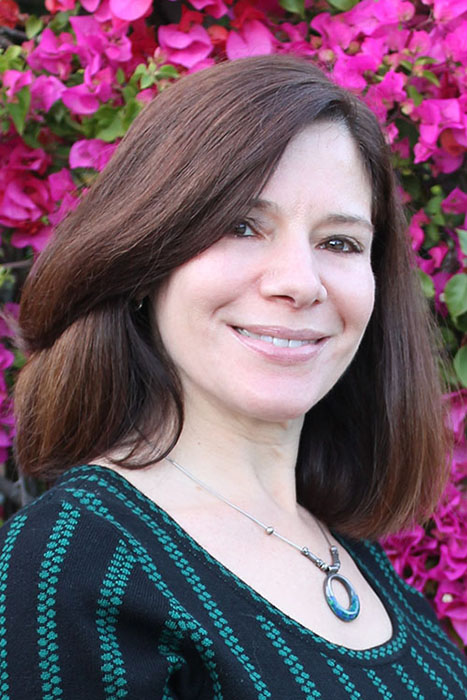 Dec. 14, 2021 — An in-depth research projected conducted at CSU Channel Islands (CSUCI) this year showed how well students with disabilities fared during virtual learning brought on by the COVID-19 pandemic, and indicated what needs still needed to be addressed.
Dec. 14, 2021 — An in-depth research projected conducted at CSU Channel Islands (CSUCI) this year showed how well students with disabilities fared during virtual learning brought on by the COVID-19 pandemic, and indicated what needs still needed to be addressed.
The project, called “Exploring Service Allocations and Student Success for CI Students with Disabilities Before, During, and After Virtual Instruction Due to COVID-19,” was
part of an ongoing program run by the CSU Chancellor’s Office called the Data Analytics Certificate Program. Out of all 23 campuses, the Chancellor’s Office highlighted CSUCI’s data research study as one of the top three projects.
“We were able to put together an incredibly rich data set,” said CSUCI Director of Disability Accommodations & Support Services (DASS) Michelle Resnick, who led the project. “This rich data set tells a lot of story and there is the potential to really drill down and see what needs to be done.”
Data is still being analyzed, Resnick and her graduate assistant, Rebecca Slocum, discovered that students with disabilities had very similar challenges as students who did not identify as having a disability.
“A lot of the challenges were the same such as connectivity, concern about jobs, being able to successfully navigate the virtual courses,” Resnick said. “We had to rethink note-taking, testing, captioning. And we had to address all the things that happen to students when they’re sitting in front of a computer for hours and hours and hours.”
Although the needs of students who had disabilities were similar to those of students who did not, the task for Resnick and the rest of the DASS staff was to offer solutions that were accessible and equitable to students with different types of disabilities, whether they be physical, emotional or mental.
This was especially important as more students with disabilities are enrolling in CSUCI than ever before with 6 to 8% of the 7,000+ student body identifying as having a disability — up 2% overall.
Among the measures DASS has taken to address these needs was to set up in Survival Skills Online Boot Camp which students with disabilities could learn techniques to adjust to virtual learning. It was open to all students and Resnick discovered those without disabilities were also taking the boot camp.
After each boot camp, DASS counselors opened the class up to just let the students chat with one another and she noticed how happy they were to be able to socialize again. So, DASS launched Diverse Dolphins for students with disabilities and their allies.
“It’s just a social hangout kind of group,” Resnick said. “It’s a chance to get students together with and without disabilities. Right now it’s a hybrid group, some meeting in person and some virtually.”
Resnick and the DASS team also launched the Delta Alpha Pi Honor society for students with disabilities. The group meets twice a month to hear speakers, socialize and do workshops.
This comprehensive study pulled data from many different areas, so researchers could tell if students with disabilities were part of other types of populations such as those eligible for Pell Grant, first in their generation to attend college, a member of a specific minority group, etc.
There is still work to be done, but Resnick stressed that we, as a society, need to look at the population of students with disabilities through the lens of social justice. And part of that task is to reframe what it means to have a disability.
“What we’re trying to do is change the culture,” Resnick said. “Society views disability through a medial model — that something’s broke or something needs to be fixed. We’re saying this is a social justice and equity issue. It’s the same whether someone has a disability or has brown eyes or brown hair or is a person of color. It’s just a point of identity. We want to remove the stigma.”
For more on CSUCI’s DASS program, visit: DASS.
